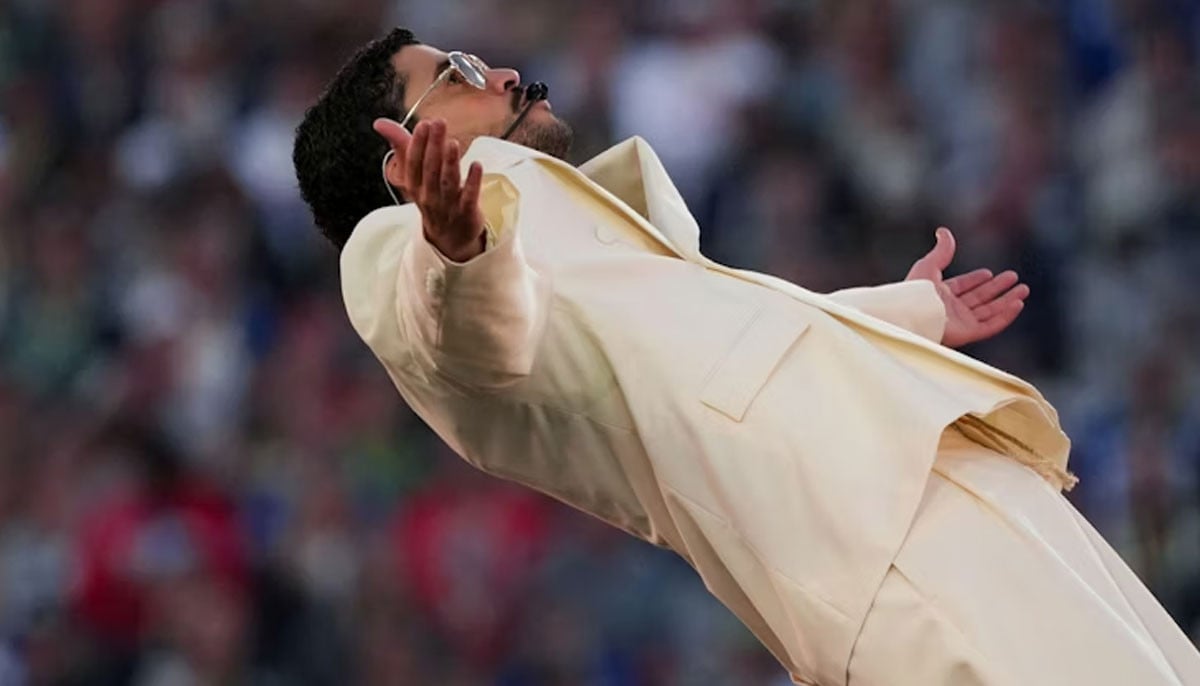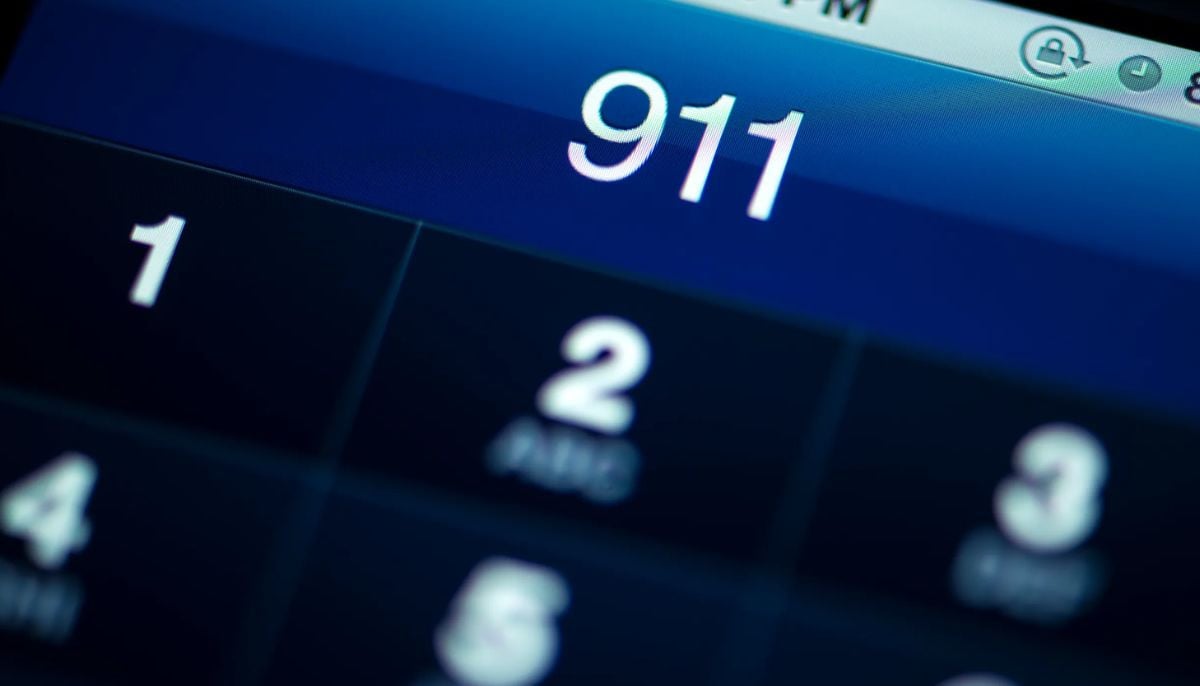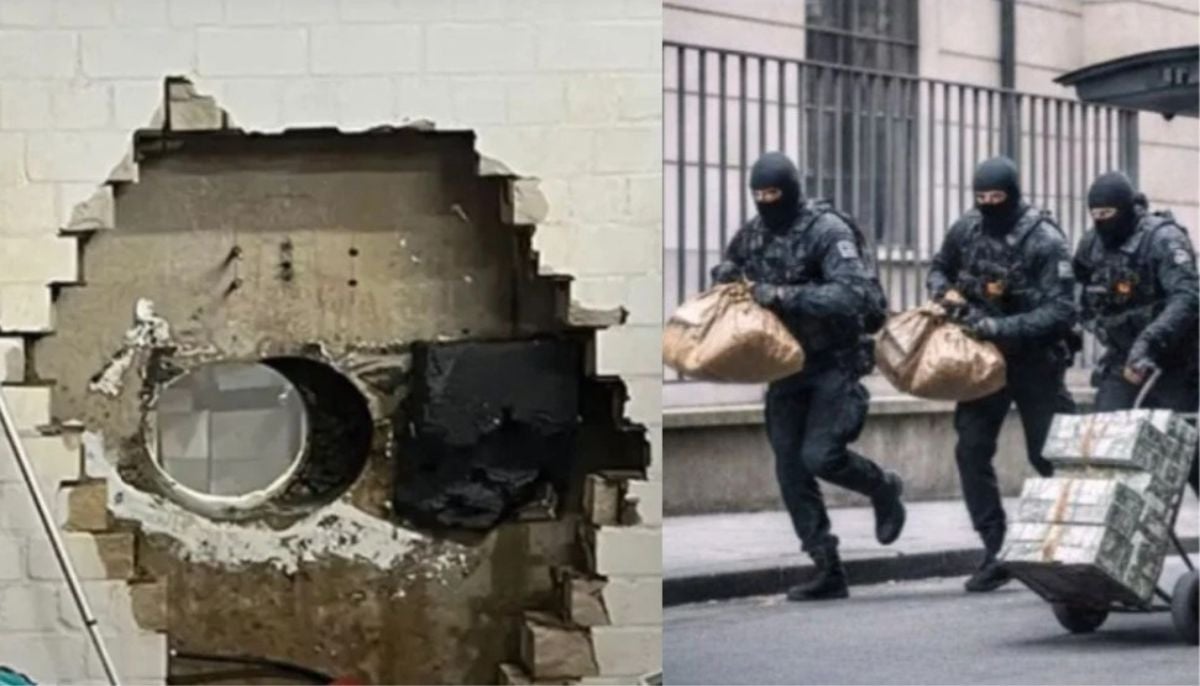Haunted by colonial past, Belgium´s Africa museum reopens after revamp
Deputy Prime Minister Alexander De Croo hailed a "historic moment" and said it would open "a new chapter" in Belgian-African relations.
Tervuren, Belgium: Belgium´s Africa Museum reopened on Saturday after a five-year restoration to repackage its looted treasures with a critical view of the country´s brutal colonial past.
Deputy Prime Minister Alexander De Croo hailed a "historic moment" and said it would open "a new chapter" in Belgian-African relations.
The reopening of the former Royal Museum for Central Africa in the Tervuren Palace outside Brussels comes amid a renewed European debate about returning stolen artefacts.
Last month, French President Emmanuel Macron agreed to return 26 cultural artefacts to Benin "without delay", a move likely to put pressure on other former colonial powers to return African artworks to their countries of origin.
Macron said the decision should not be seen as an isolated or symbolic case and proposed a conference in Paris next year to discuss an "exchange policy" for African treasures.
"Restitution should no longer be taboo," De Croo said on Saturday adding, however, that any returns should be dependant on certain conservation conditions being met.
"It is clear that this implies a respectful attitude on the part of the African authorities with regard to this artistic heritage," he said.
Before it closed for refurbishment in 2013, visitors to the Belgian museum were greeted by a statue uncritically depicting white European missionaries "bringing civilisation to Congo".
The museum´s research team insists the exhibits will now take a much more critical approach to the depredations of King Leopold II and his agents in Congo.
With the help of multimedia displays and detailed captions, visitors will be encouraged to take a critical view and to see colonialism through African eyes.
The museum´s academic experts say there is no attempt to cover up the past, but rather to use the collection of 125,000 ethnographic objects more educationally.
Despite the new approach more in keeping with Belgium´s multicultural present, the revamp has not been without controversy.
Activists are demanding a proper memorial to seven Congolese who died in 1897 after being brought to Belgium as living exhibits. They are buried near the Tervuren estate.
Paula Polanco told AFP her group, Intal-Congo, wanted them to be recognised as "victims of a colonialist crime".
Belgium´s current king, Philippe, meanwhile declined an invitation to the reopening.
The Belgian colonies, run as a private royal estate by Leopold II, covered lands now included in independent Rwanda, Burundi and the Democratic Republic of Congo.
These countries have suffered a turbulent modern history and for European experts, in DR Congo´s case at least, lack premises to properly house a national history collection.
DR Congo´s President Joseph Kabila, however, has said he plans to formally request the return of art and records before his country´s own museum opens next year.
-
Man convicted after DNA links him to 20-year-old rape case
-
California cop accused of using bogus 911 calls to reach ex-partner
-
'Elderly' nanny arrested by ICE outside employer's home, freed after judge's order
-
key details from Germany's multimillion-euro heist revealed
-
Search for Savannah Guthrie’s abducted mom enters unthinkable phase
-
Barack Obama addresses UFO mystery: Aliens are ‘real’ but debunks Area 51 conspiracy theories
-
Rosie O’Donnell secretly returned to US to test safety
-
'Harry Potter' star Rupert Grint shares where he stands politically











